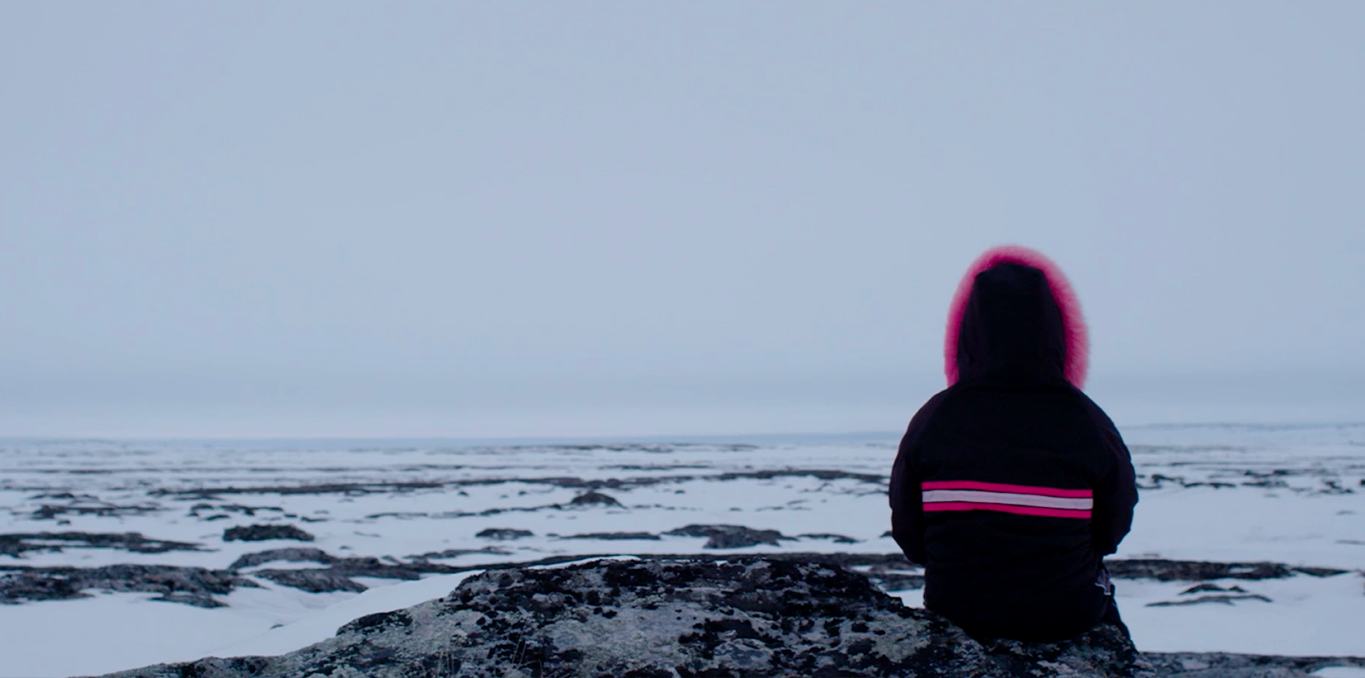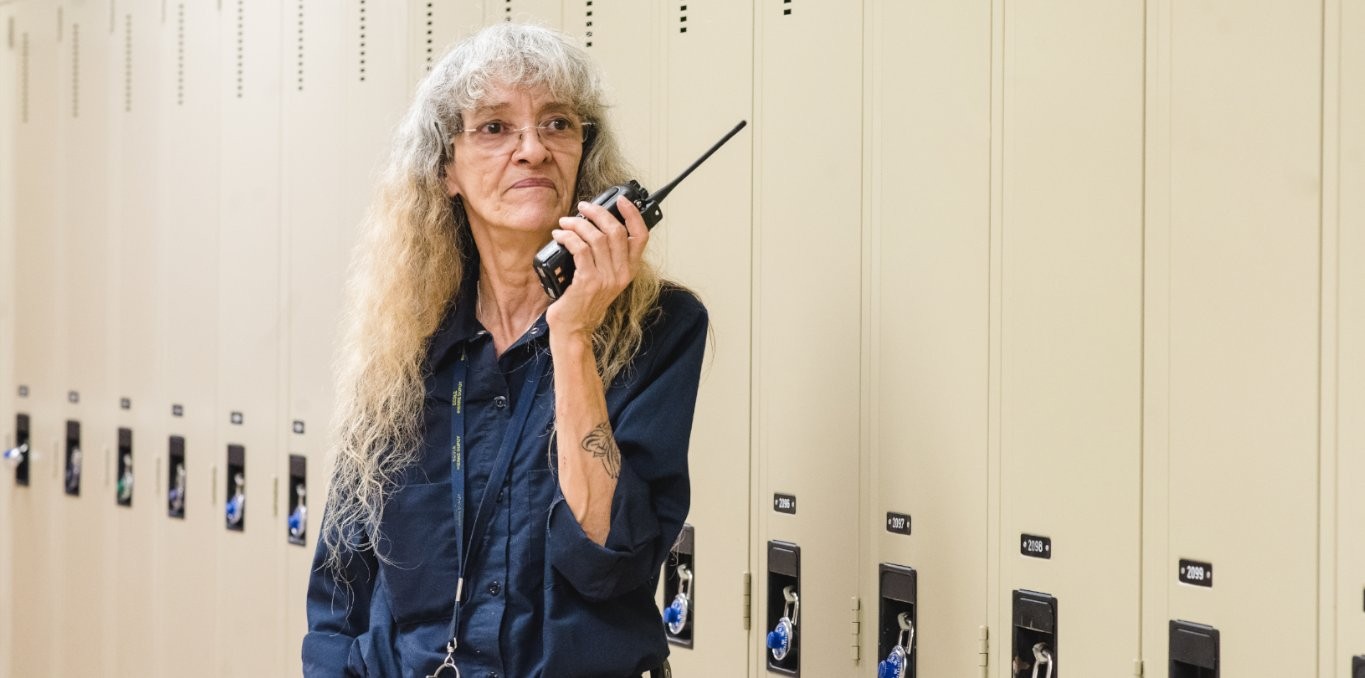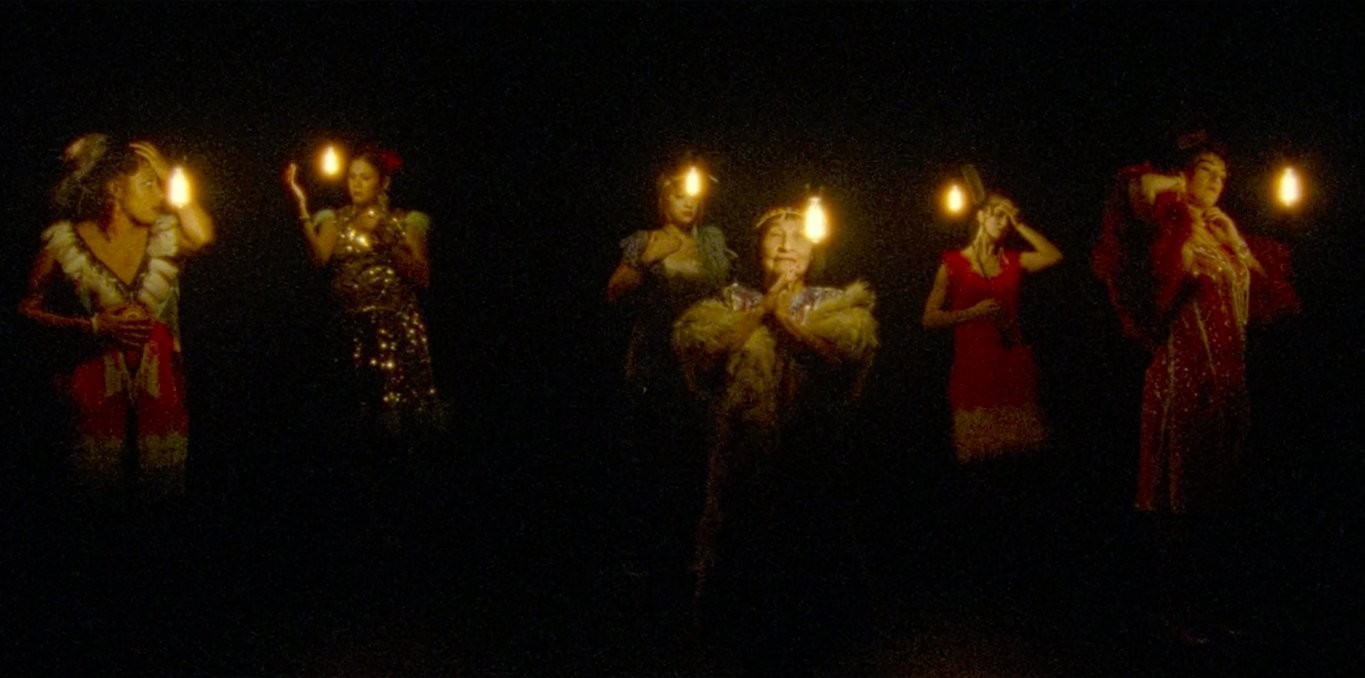Arts

A selection of films on art that shakes up preconceived ideas. It extends the pleasure of contemplation or enhances the experience of a piece. By juxtaposing mythical films and recent ones, we offer the sharpest views on the world of art … in all its forms.
365 products
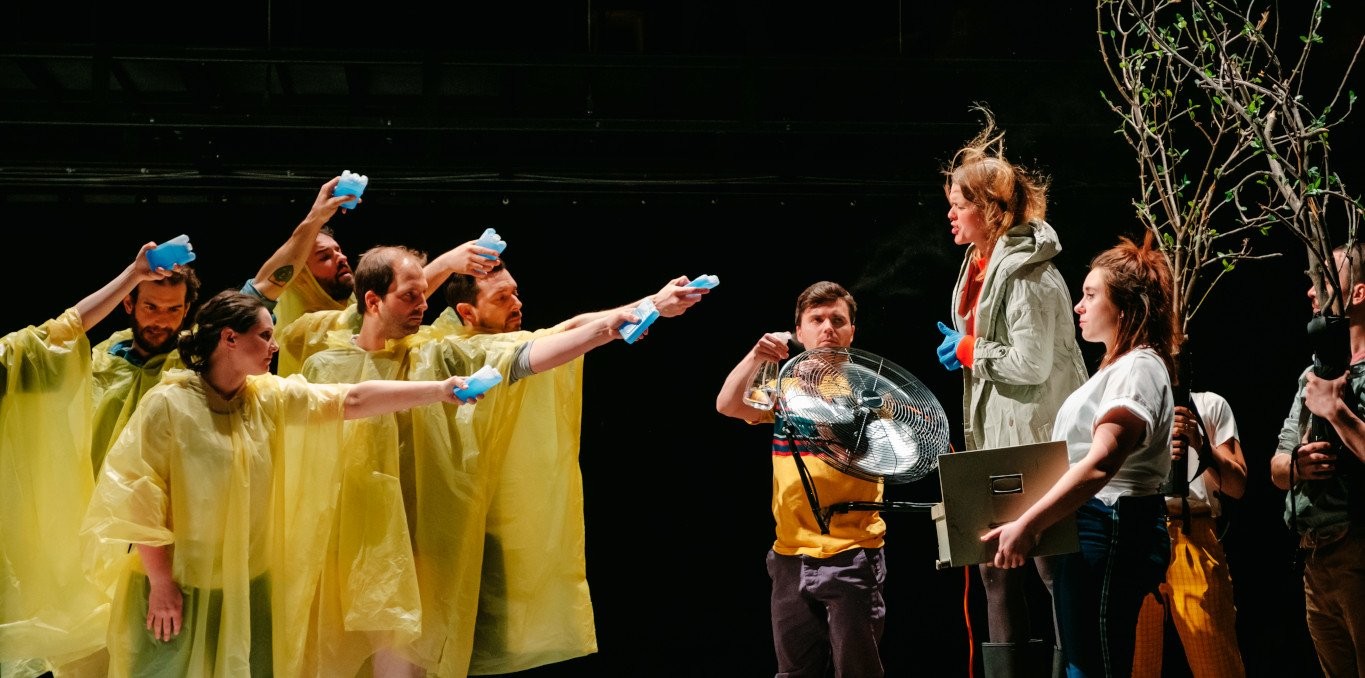
Upwelling
Subscription access
Twenty young actors are brought together for a creation lab by stage directors Véronique and Gabrielle Côté, to create a collective work at one of the great national theatres. Over a full year, they scour contemporary Québécois poetry to tap into the spirit of the times. Whether in workshop settings or at the four corners of the territory, we watch the creative process of _Upwelling _unfold. Wh...
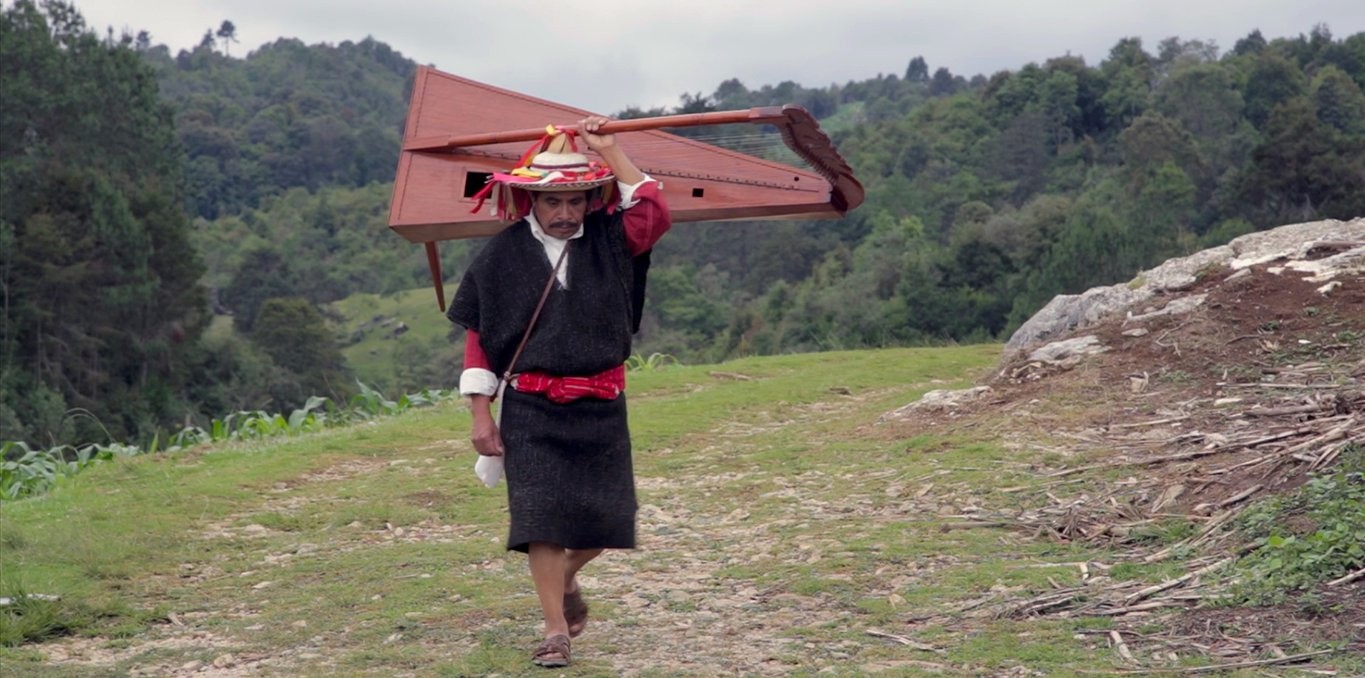
Ch'ul be, Sacred Path
Subscription access
_Ch'ul be_ delves into the Tzotzil sacred path, exploring ancient collective commitments that sustain the cycle of life in the community. In San Andrés Larráinzar, everyone is responsible for the collective well-being, but few are chosen to follow the path of serving the gods. _Ch'ul be_ is the path of Martha and Diego, and of Román and his son Tino. It is a journey from the everyday to the div...
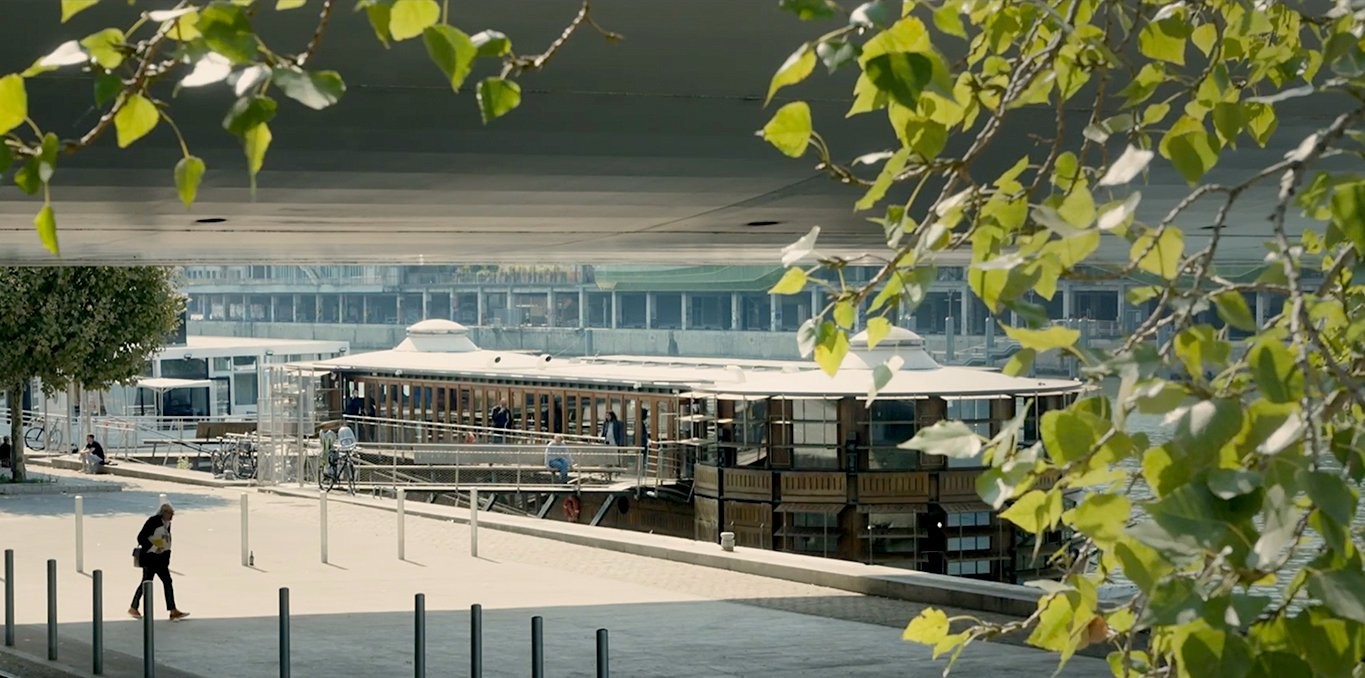
On the Adamant
Duration: 1h49
Subscription access
The Adamant is a unique day care centre : it is a floating structure. Located on the Seine in the heart of Paris, it welcomes adults suffering from mental disorders, offering them care that grounds them in time and space, and helps them to recover or keep up their spirits. The team running it is one of those that try to resist the deterioration and dehumanization of psychiatry as best it can. T...
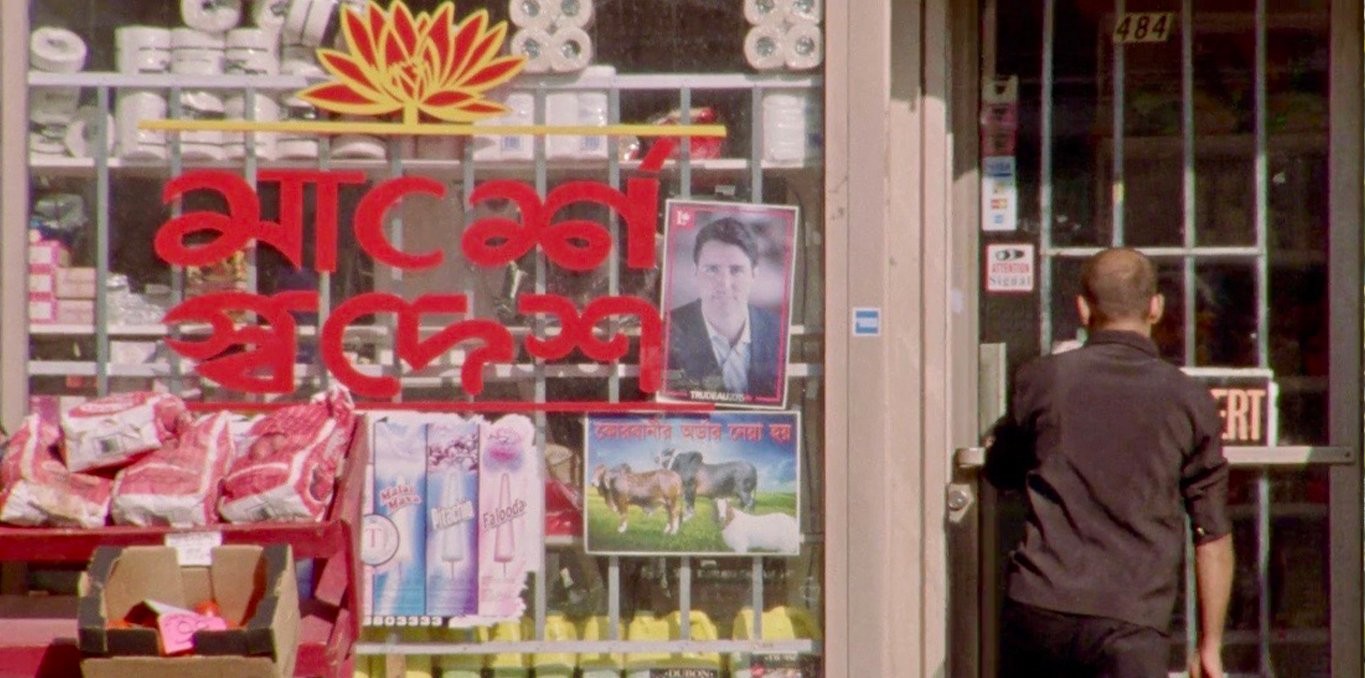
Letters to the Prime Minister
Duration: 42 minutes
Subscription access
Montreal author Marie-Célie Agnant collects stories, dreams and demands from Parc-Extension neighbours, in order to write a letter to their deputy, Justin Trudeau, then the 23rd Prime Minister of Canada.
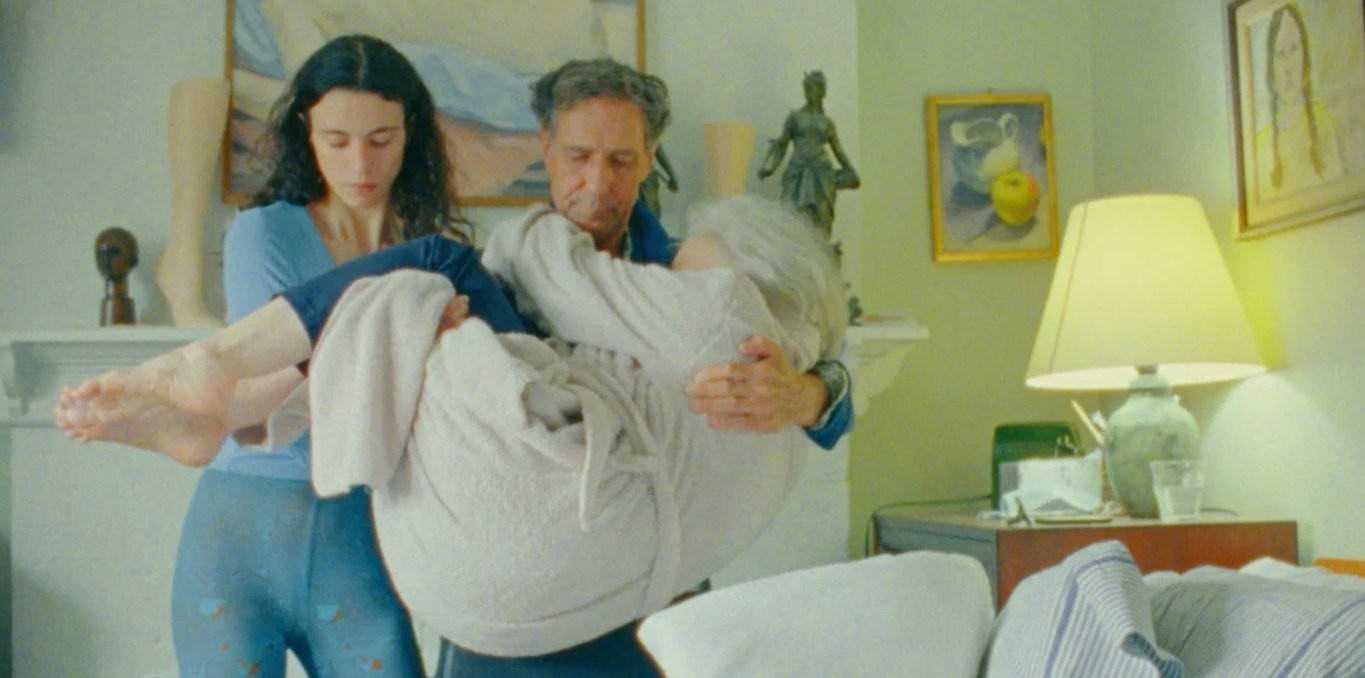
Nine Easy Dances
Duration: 40 minutes
Subscription access
A filmmaker and former dancer returns to her family home to make a film with her parents, but when they fail to live up to unrealistic expectations, and when her mother's cancer metastasizes, she hires professional dancers to play them, in what becomes a darkly humorous docufiction about both loss and transformation.
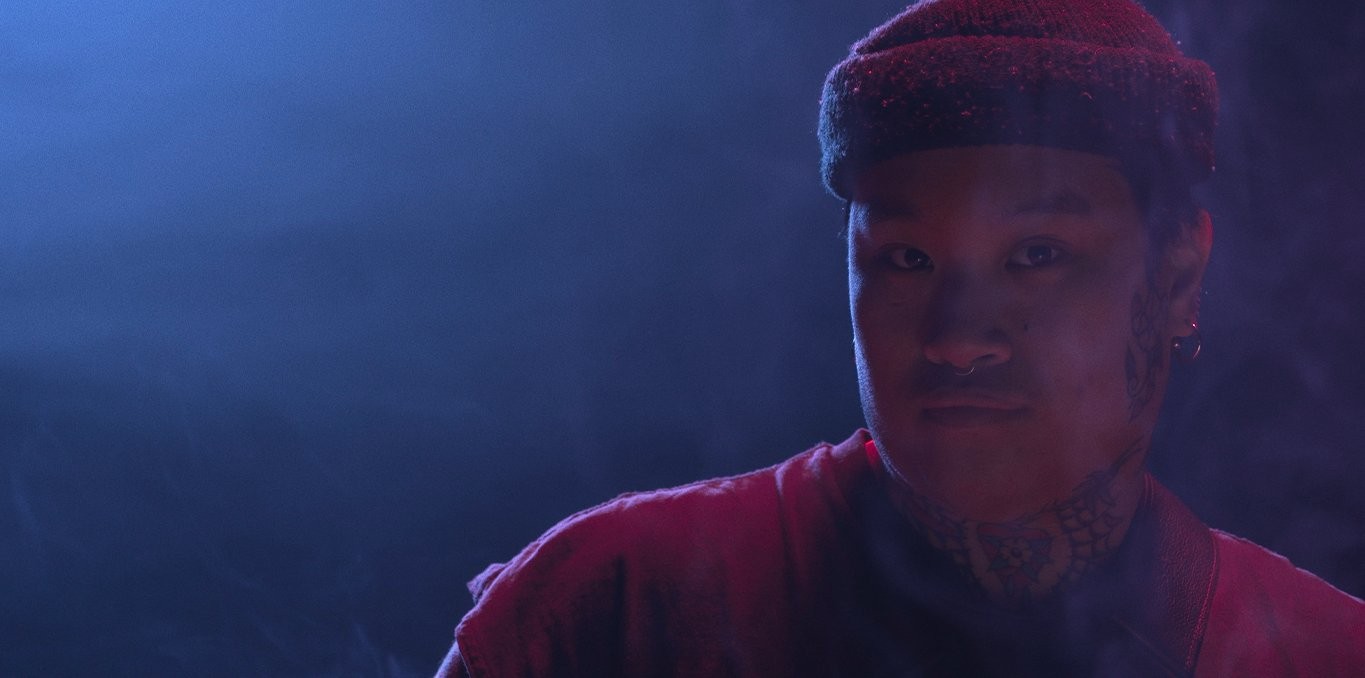
Baby Trans
Subscription access
_Baby Trans _portrays Laure\*, a gentle and intense soul. As she begins feminizing hormone therapy, Laure learns to navigate the bodily, emotional, and identity changes she experiences. (\*The main protagonist featured in the documentary has since changed her name for Laure.)
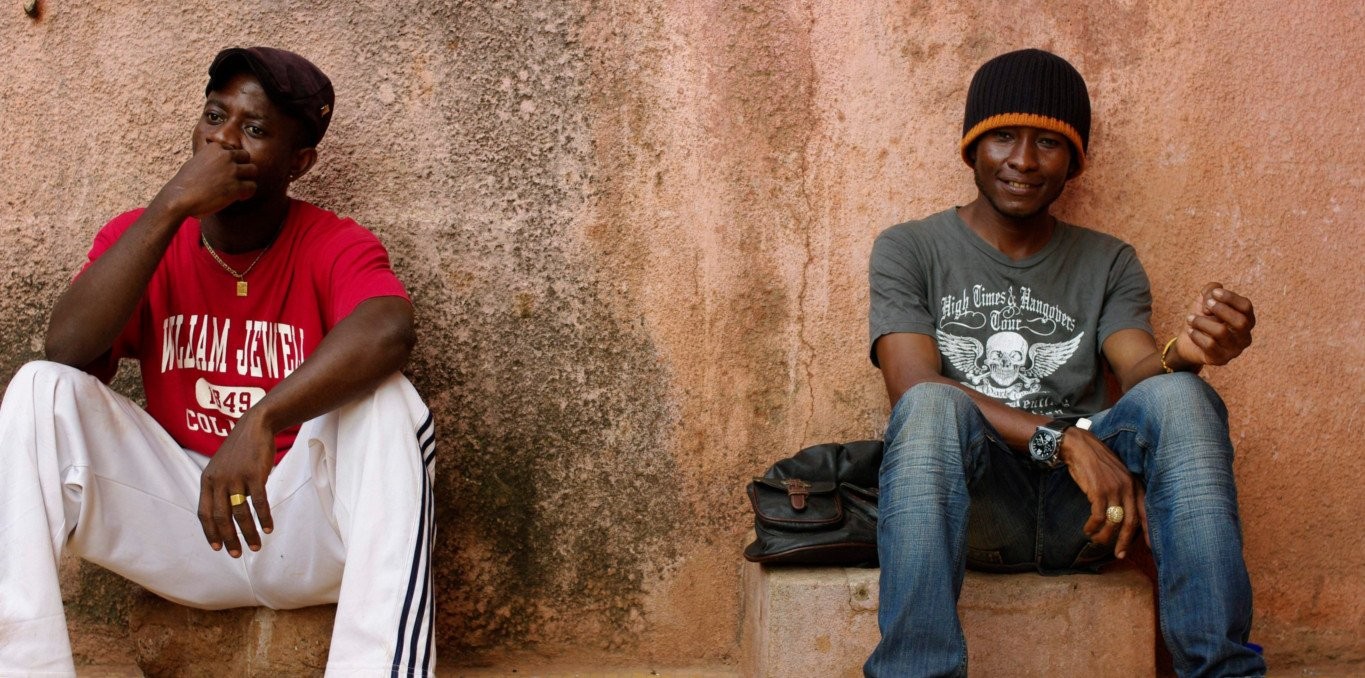
Standing on The Edge of the World
Standing on The Edge of the World
New product!Subscription access
After several failed attempts to reach Europe, César, Félou and Érik find themselves in Bamako, Mali – deported but still driven to pursue their dreams. Meanwhile Amih fights with unshakeable determination to escape a life of unfulfillment and forge a brighter future for herself and her children.
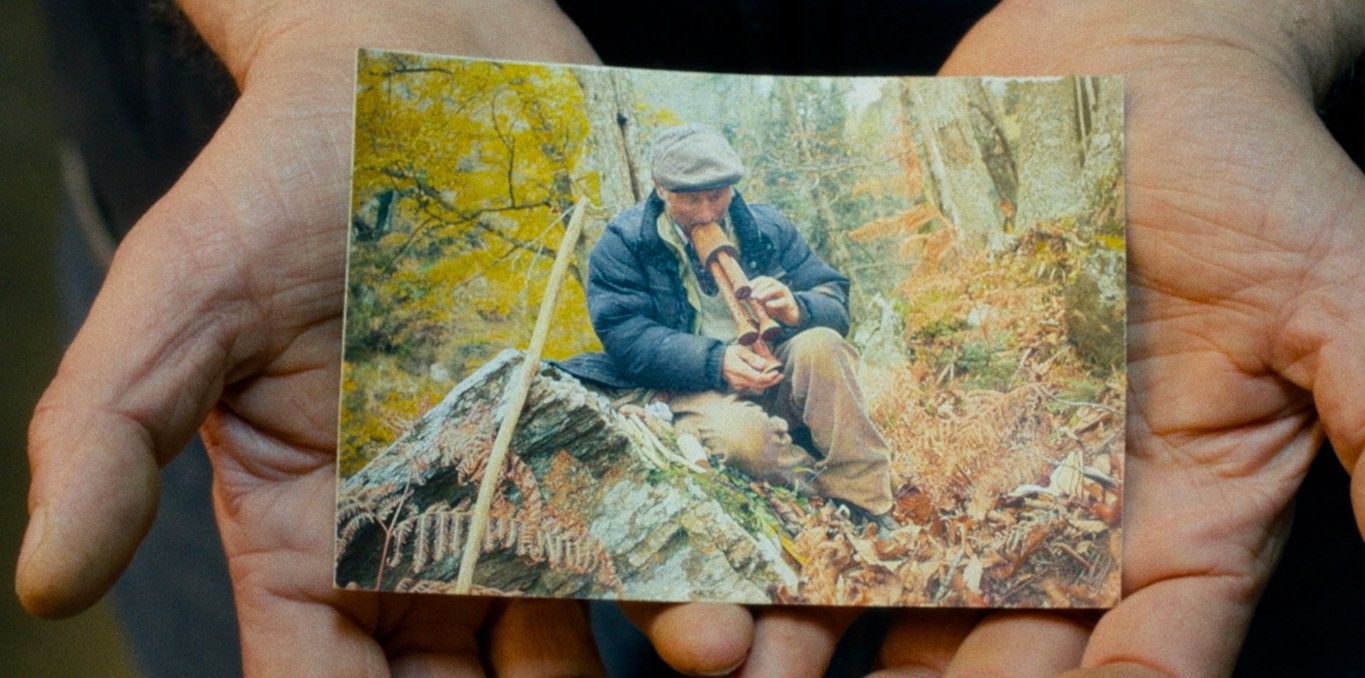
Canone effimero
Duration: 4h02
Subscription access
A poetic journey into a hidden Italy, far from dominant narratives. _Canone effimero_ explores cultural resistance at work among makers of ancient instruments, polyphonic choirs, and traditions passed down from generation to generation. Through eleven musical chapters, the De Serio brothers compose a mosaic of memories, voices, and landscapes, refocusing attention on marginalized rural cultures.
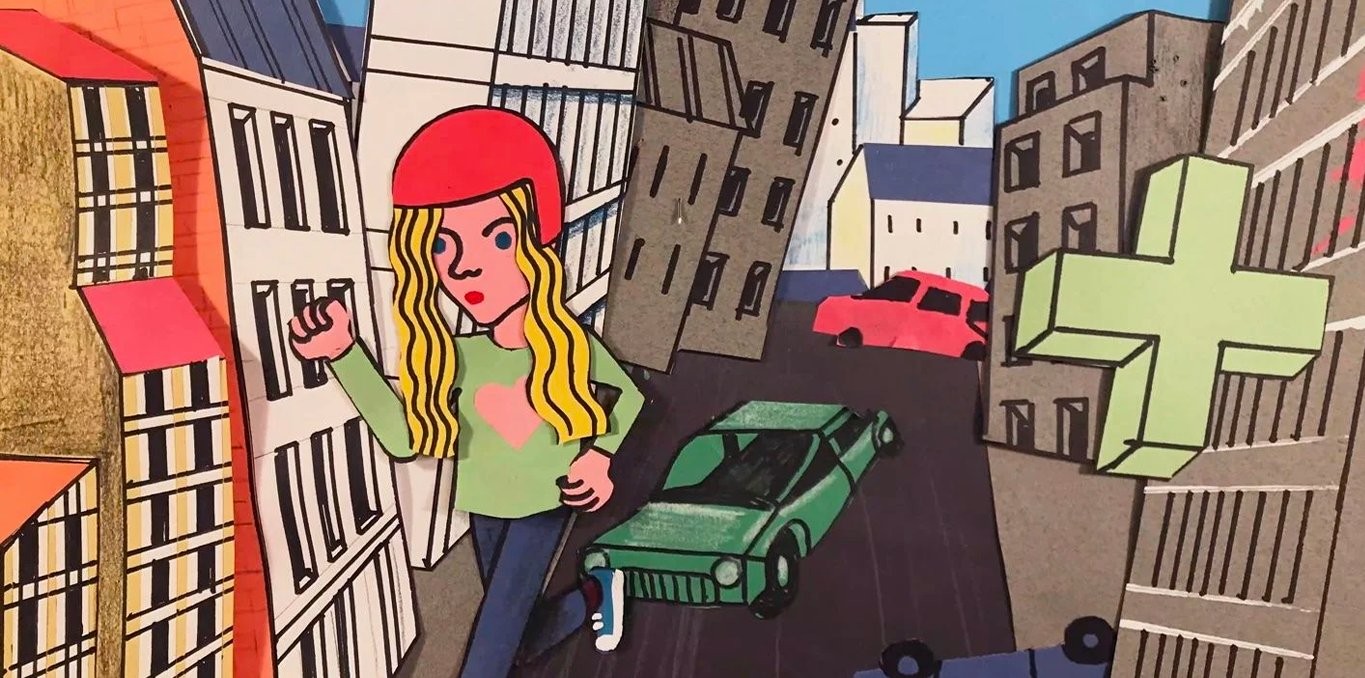
Maya, Give Me a Title
Duration: 2h04
Subscription access
A father and daughter maintain their bond despite living in different countries through an imaginative nightly ritual where she suggests a title and he creates short animated films starring her as the hero.
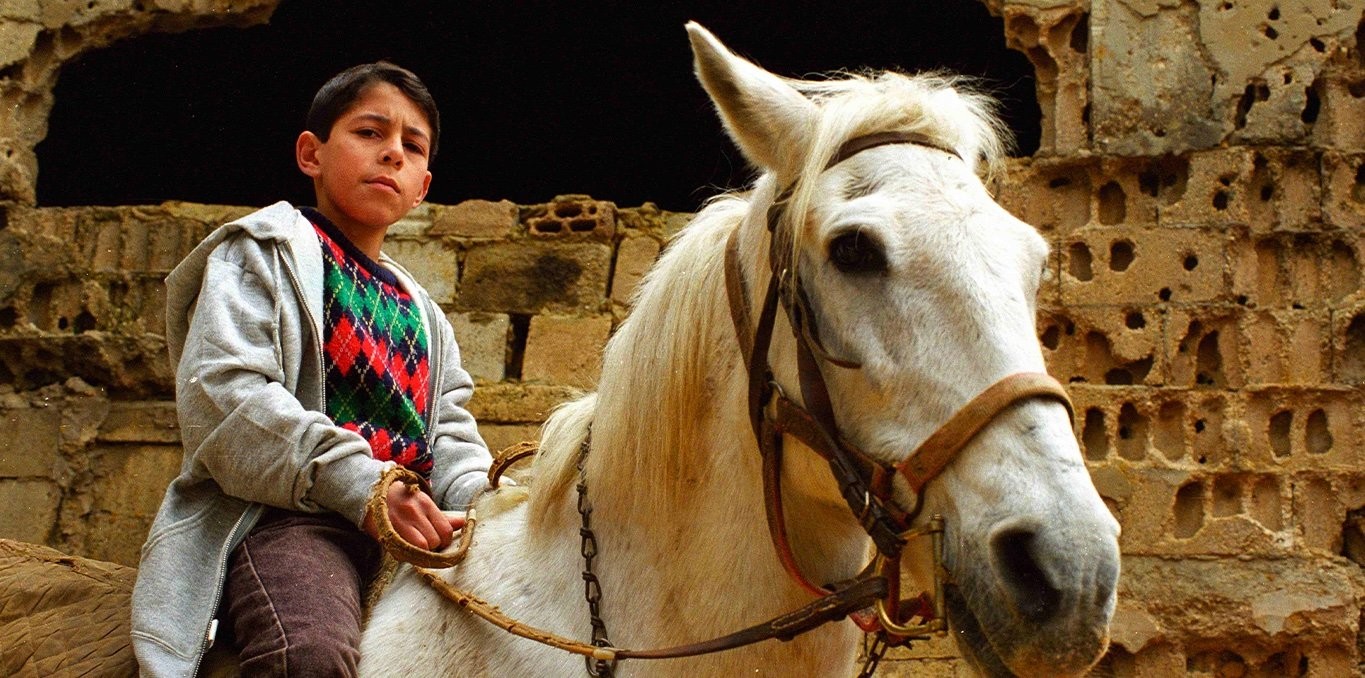
Children of Shatila
Subscription access
_Children of Shatila_ tells the story of Farah and Issa, two children from Beirut’s Shatila camp who use their imagination and creativity to overcome the overwhelming difficulties of living in a Palestinian refugee camp that has survived massacre, siege, and dispossession.
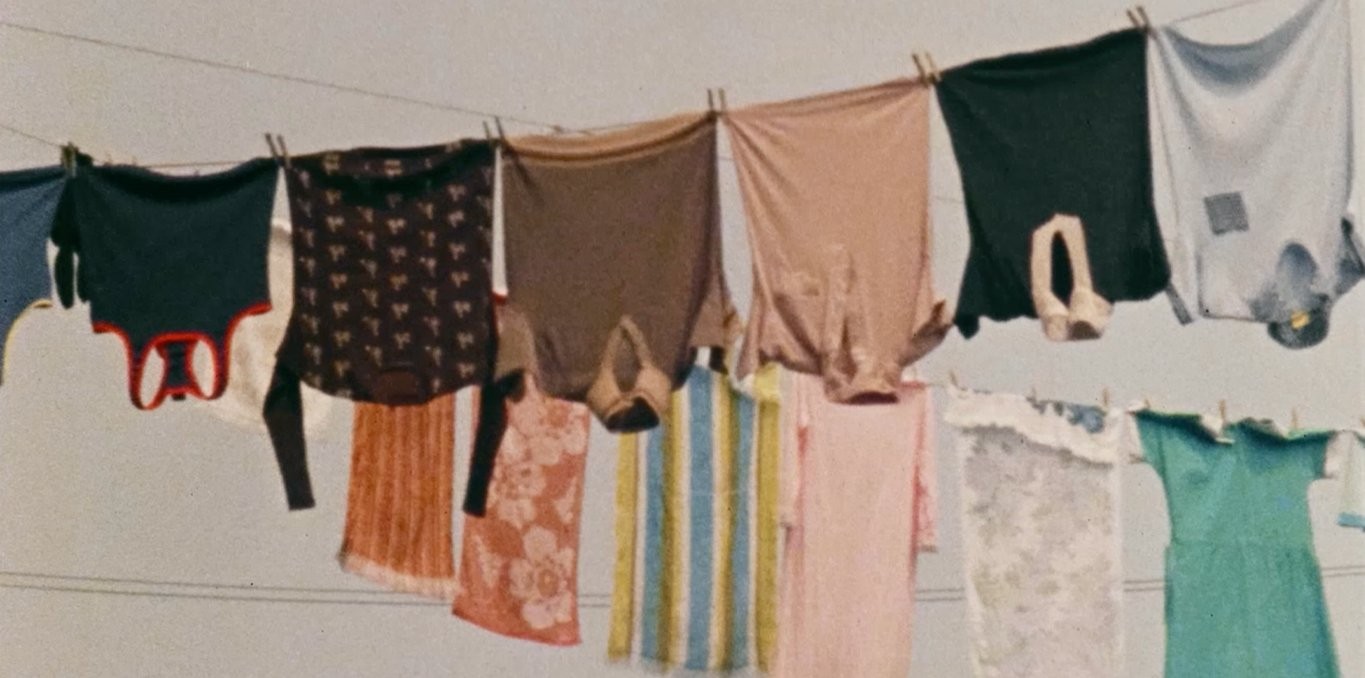
Clotheslines
Subscription access
_Clotheslines_ poetically documents the pragmatic, symbolic and artistic role of laundry in women's lives. The film presents an enduring, vivid account, showing how the creative energies of women have been sapped by mundane tasks, and in turn how such tasks reflect a ritualistic approach to life.
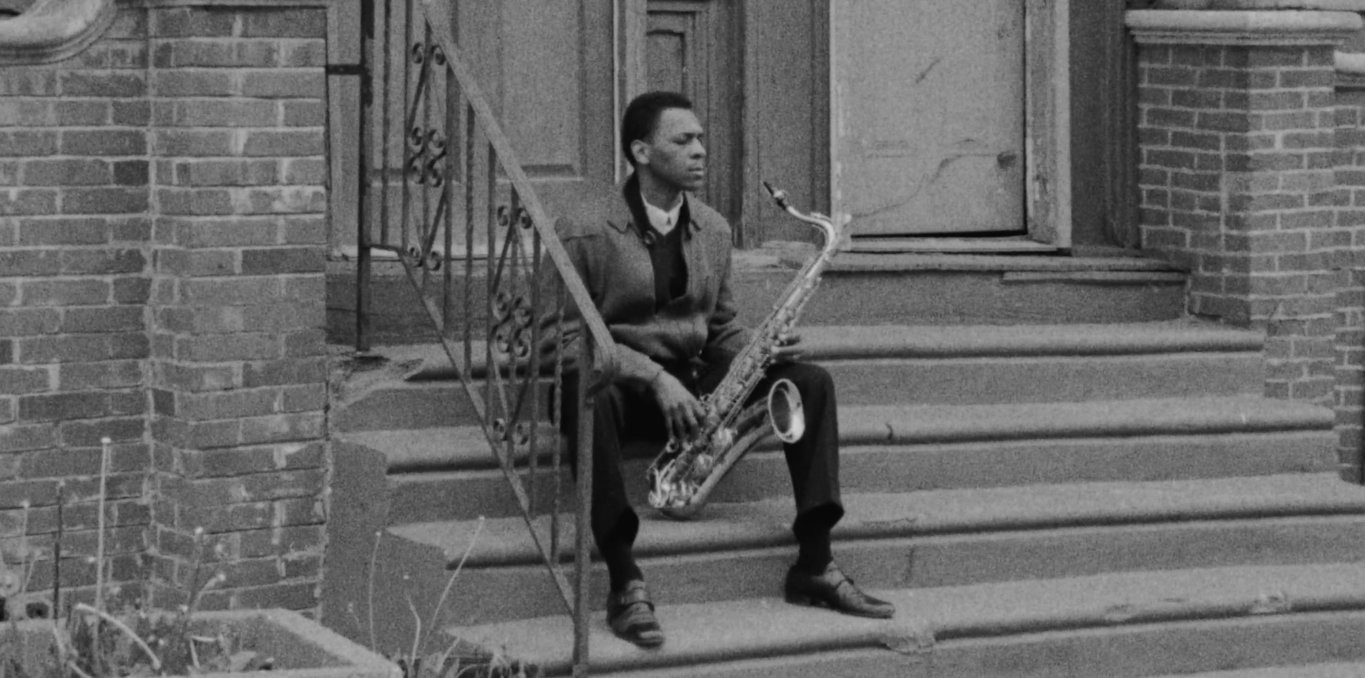
Speakn' Trane
Subscription access
_Speakn’ Trane_ is a visual conversation that considers one of the great masterpieces of music through the eyes of its creator. Mirroring the dialogue at its core, it mixes 16mm film and digital images, performance and nature footage to illustrate the revolutionary themes and ideas that would combine to craft the album _A Love Supreme_: the generative practice of meditation, the creative potent...
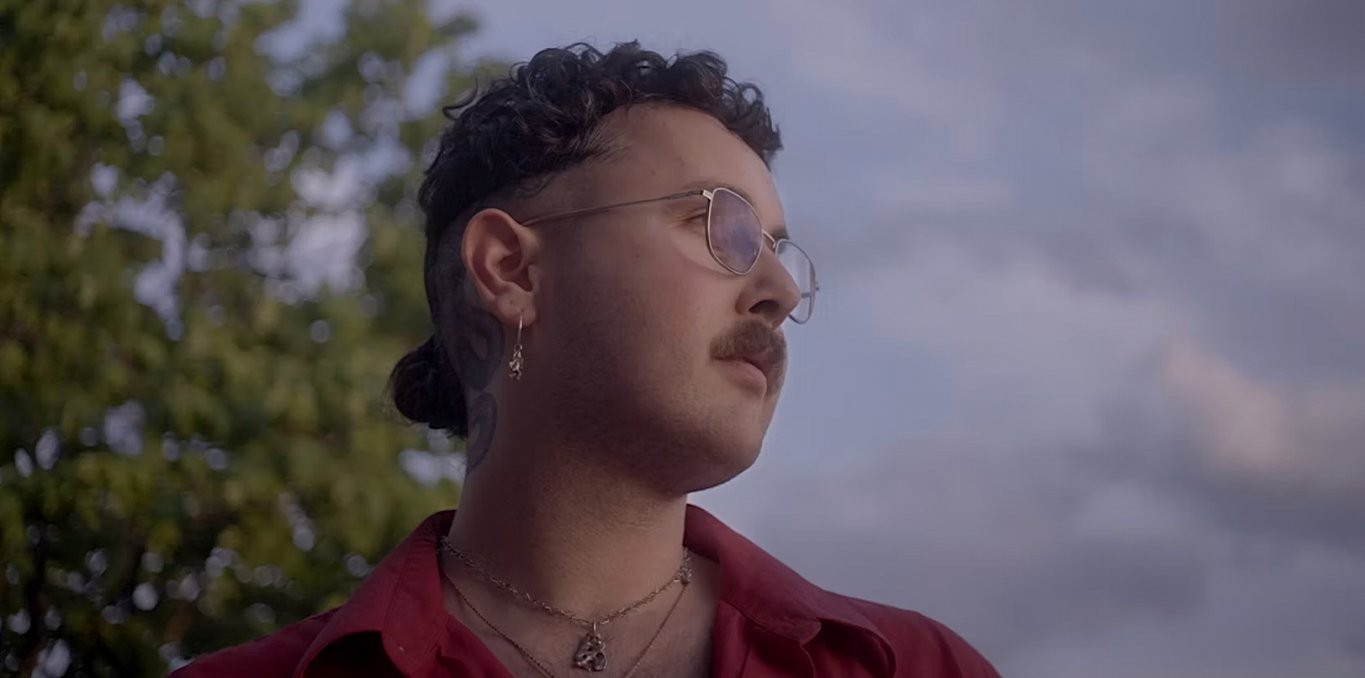
It Will Always End in the End
Subscription access
Gabriel Drolet-Maguire, a queer fashion designer living in Montréal, takes us into their artistic world to speak about their HIV diagnosis and the process of acceptance that led them to reach out to the HIV-positive community. _It Will Always End in the End_ is a timely and hopeful look at past and present day HIV activism in Quebec.
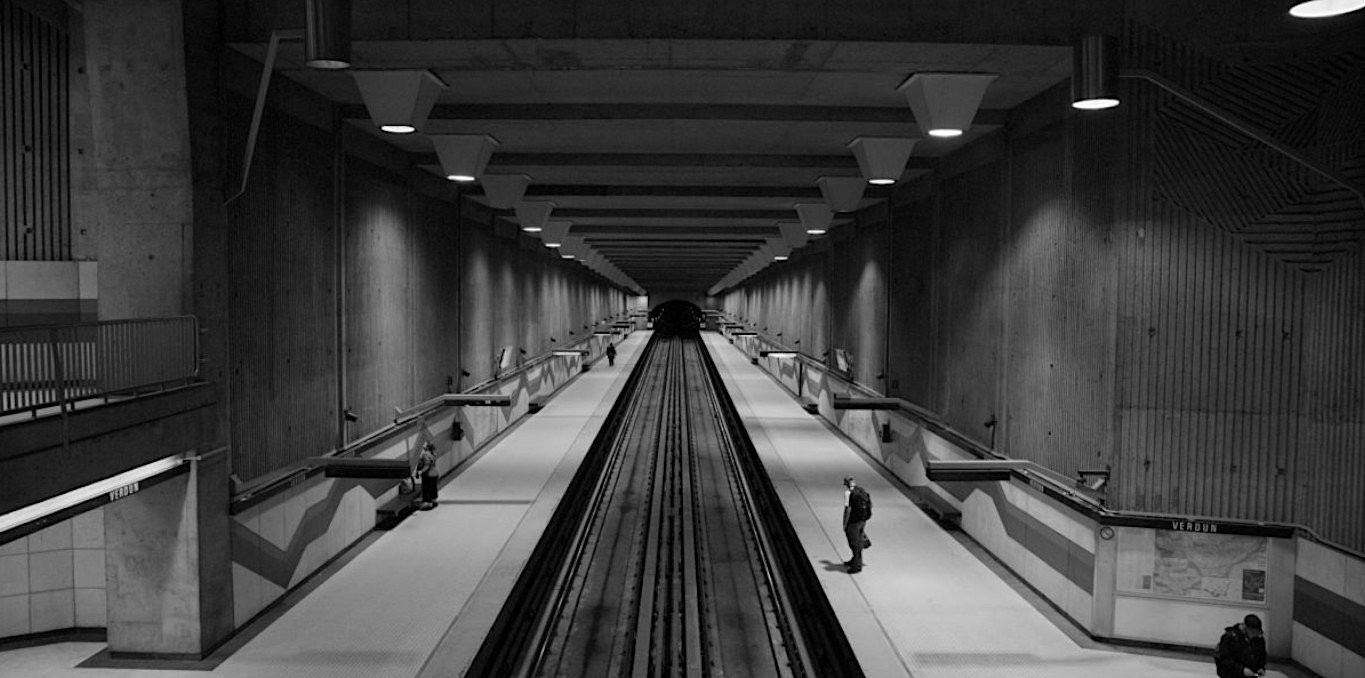
Metro
Subscription access
By taking a fresh look at the spaces that make it up and the life that inhabits it, _Metro_ observes the gestures, mechanics and underside of this monumental underground network that weaves the city together and irrigates it on a daily basis. From the roar of the ventilation system to the vast ceilings above, the film reveals a place of rare magnitude, with singular acoustics and a human presen...
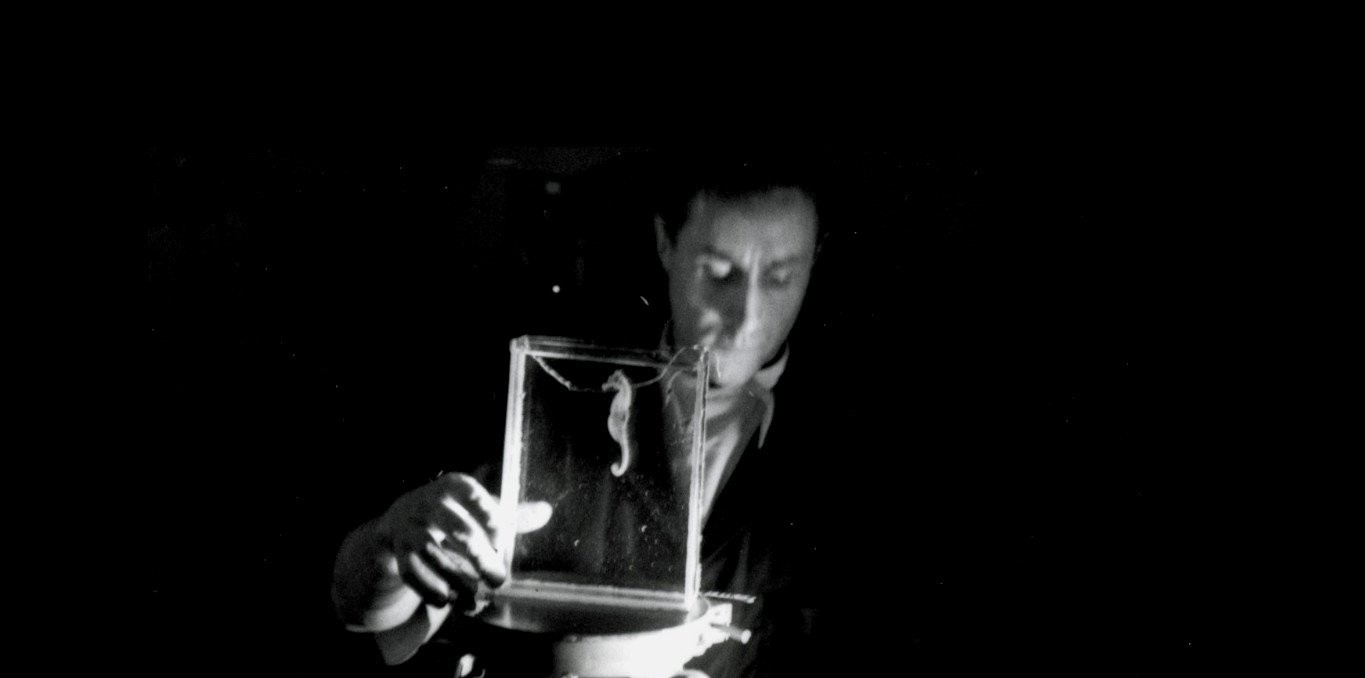
Jean Painlevé, fantaisie pour biologie marine
Jean Painlevé, fantaisie pour biologie marine
Duration: 53 minutesSubscription access
_Jean Painlevé, fantaisie pour biologie marine_ traces the life and work of a man who played an essential role in the history of cinema. This atypical filmmaker, steeped in both scientific research and avant-garde thinking, was close to Jean Vigo, Alexander Calder, Luis Buñuel, and Sergei M. Eisenstein. He was able to create a dialogue between two disciplines: art and science. Thanks to their a...
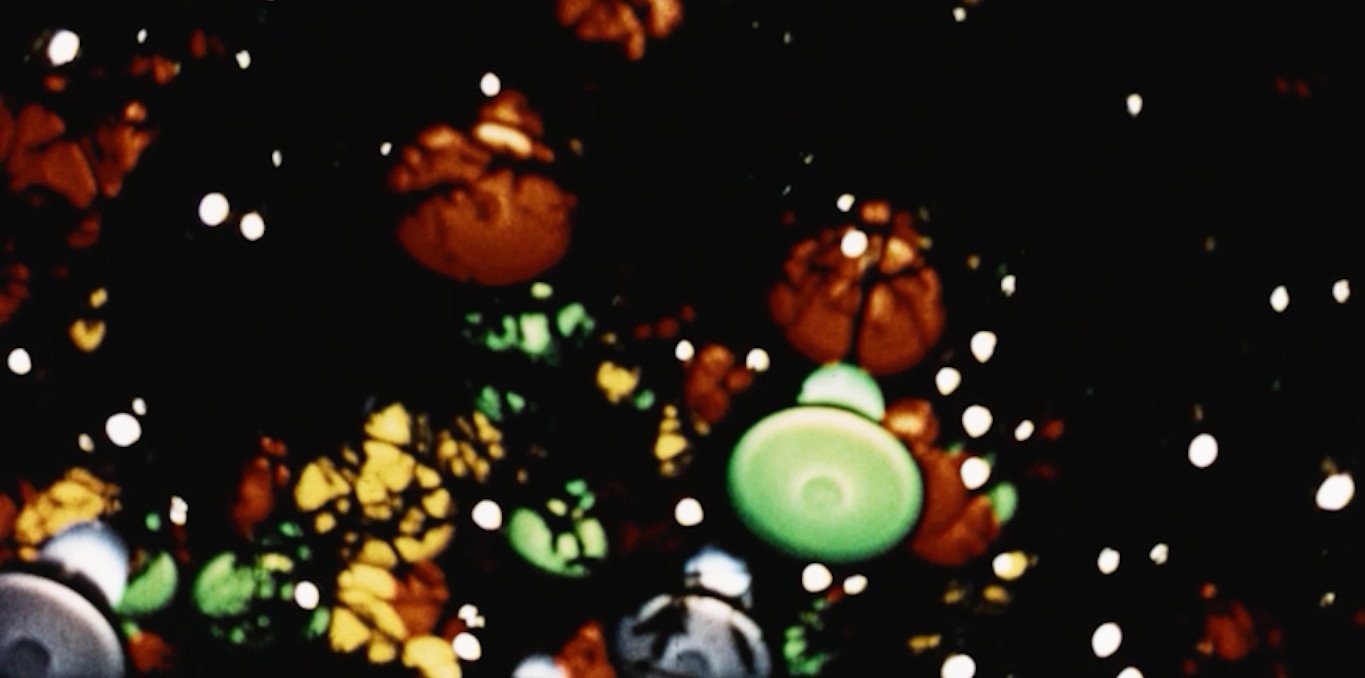
Lights
Subscription access
Created during the brief, illuminated Christmas season, _Lights_ was made between midnight and 1:00 a.m., when vehicular and pedestrian traffic was minimal, over a period of three years. The work draws on store decorations, window displays, fountains, public promenades, the lights of Park Avenue, and the facades of buildings and churches. Due to near-freezing temperatures, filmmaker Marie Menke...
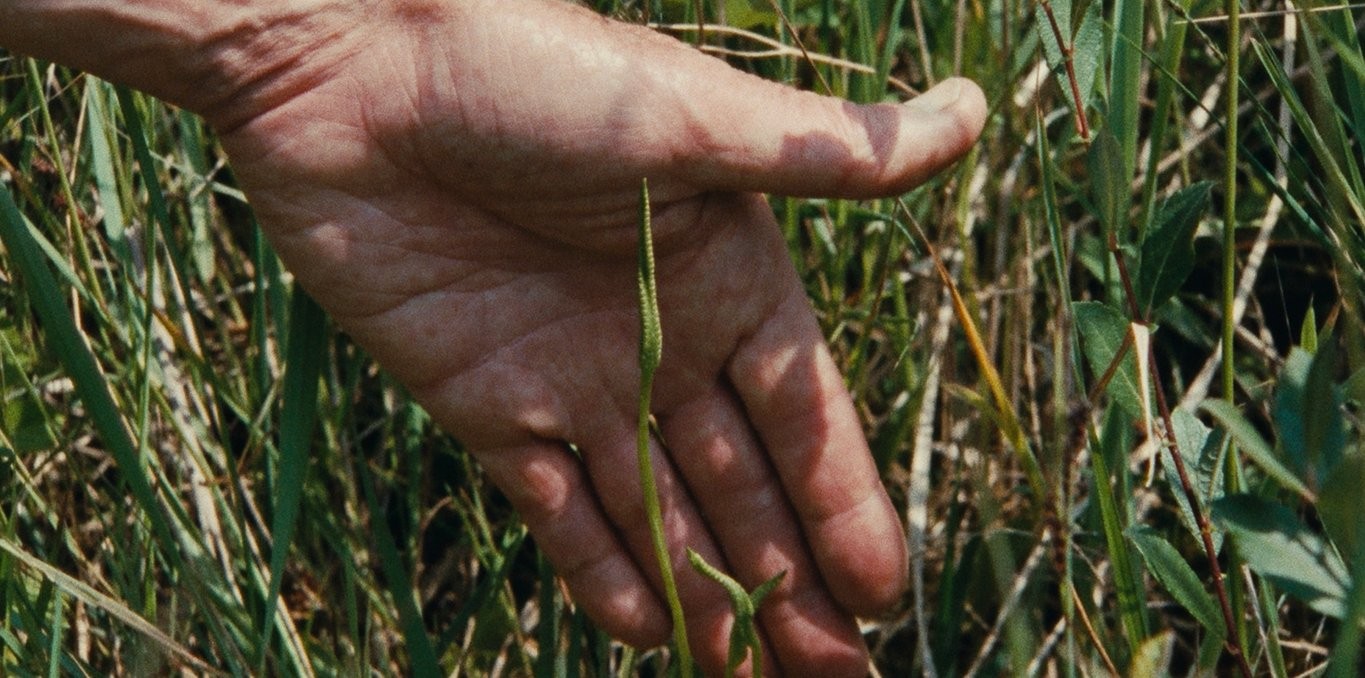
7 Walks with Mark Brown
Subscription access
Following the English botanist Mark Brown through the landscapes of the Normandy coast, Pierre Creton and Vincent Barré explore the world of plants and flowers in seven walks. The documentary unfolds in two stages, from the filmed journal to the resulting cinematic herbarium.

Upwelling
Subscription access
Twenty young actors are brought together for a creation lab by stage directors Véronique and Gabrielle Côté, to create a collective work at one of the great national theatres. Over a full year, they scour contemporary Québécois poetry to tap into the spirit of the times. Whether in workshop settings or at the four corners of the territory, we watch the creative process of _Upwelling _unfold. Wh...

Ch'ul be, Sacred Path
Subscription access
_Ch'ul be_ delves into the Tzotzil sacred path, exploring ancient collective commitments that sustain the cycle of life in the community. In San Andrés Larráinzar, everyone is responsible for the collective well-being, but few are chosen to follow the path of serving the gods. _Ch'ul be_ is the path of Martha and Diego, and of Román and his son Tino. It is a journey from the everyday to the div...

On the Adamant
Duration: 1h49
Subscription access
The Adamant is a unique day care centre : it is a floating structure. Located on the Seine in the heart of Paris, it welcomes adults suffering from mental disorders, offering them care that grounds them in time and space, and helps them to recover or keep up their spirits. The team running it is one of those that try to resist the deterioration and dehumanization of psychiatry as best it can. T...

Letters to the Prime Minister
Duration: 42 minutes
Subscription access
Montreal author Marie-Célie Agnant collects stories, dreams and demands from Parc-Extension neighbours, in order to write a letter to their deputy, Justin Trudeau, then the 23rd Prime Minister of Canada.

Nine Easy Dances
Duration: 40 minutes
Subscription access
A filmmaker and former dancer returns to her family home to make a film with her parents, but when they fail to live up to unrealistic expectations, and when her mother's cancer metastasizes, she hires professional dancers to play them, in what becomes a darkly humorous docufiction about both loss and transformation.

Baby Trans
Subscription access
_Baby Trans _portrays Laure\*, a gentle and intense soul. As she begins feminizing hormone therapy, Laure learns to navigate the bodily, emotional, and identity changes she experiences. (\*The main protagonist featured in the documentary has since changed her name for Laure.)

Standing on The Edge of the World
Standing on The Edge of the World
New product!Subscription access
After several failed attempts to reach Europe, César, Félou and Érik find themselves in Bamako, Mali – deported but still driven to pursue their dreams. Meanwhile Amih fights with unshakeable determination to escape a life of unfulfillment and forge a brighter future for herself and her children.

Canone effimero
Duration: 4h02
Subscription access
A poetic journey into a hidden Italy, far from dominant narratives. _Canone effimero_ explores cultural resistance at work among makers of ancient instruments, polyphonic choirs, and traditions passed down from generation to generation. Through eleven musical chapters, the De Serio brothers compose a mosaic of memories, voices, and landscapes, refocusing attention on marginalized rural cultures.

Maya, Give Me a Title
Duration: 2h04
Subscription access
A father and daughter maintain their bond despite living in different countries through an imaginative nightly ritual where she suggests a title and he creates short animated films starring her as the hero.

Children of Shatila
Subscription access
_Children of Shatila_ tells the story of Farah and Issa, two children from Beirut’s Shatila camp who use their imagination and creativity to overcome the overwhelming difficulties of living in a Palestinian refugee camp that has survived massacre, siege, and dispossession.

Clotheslines
Subscription access
_Clotheslines_ poetically documents the pragmatic, symbolic and artistic role of laundry in women's lives. The film presents an enduring, vivid account, showing how the creative energies of women have been sapped by mundane tasks, and in turn how such tasks reflect a ritualistic approach to life.

Speakn' Trane
Subscription access
_Speakn’ Trane_ is a visual conversation that considers one of the great masterpieces of music through the eyes of its creator. Mirroring the dialogue at its core, it mixes 16mm film and digital images, performance and nature footage to illustrate the revolutionary themes and ideas that would combine to craft the album _A Love Supreme_: the generative practice of meditation, the creative potent...

It Will Always End in the End
Subscription access
Gabriel Drolet-Maguire, a queer fashion designer living in Montréal, takes us into their artistic world to speak about their HIV diagnosis and the process of acceptance that led them to reach out to the HIV-positive community. _It Will Always End in the End_ is a timely and hopeful look at past and present day HIV activism in Quebec.

Metro
Subscription access
By taking a fresh look at the spaces that make it up and the life that inhabits it, _Metro_ observes the gestures, mechanics and underside of this monumental underground network that weaves the city together and irrigates it on a daily basis. From the roar of the ventilation system to the vast ceilings above, the film reveals a place of rare magnitude, with singular acoustics and a human presen...

Jean Painlevé, fantaisie pour biologie marine
Jean Painlevé, fantaisie pour biologie marine
Duration: 53 minutesSubscription access
_Jean Painlevé, fantaisie pour biologie marine_ traces the life and work of a man who played an essential role in the history of cinema. This atypical filmmaker, steeped in both scientific research and avant-garde thinking, was close to Jean Vigo, Alexander Calder, Luis Buñuel, and Sergei M. Eisenstein. He was able to create a dialogue between two disciplines: art and science. Thanks to their a...

Lights
Subscription access
Created during the brief, illuminated Christmas season, _Lights_ was made between midnight and 1:00 a.m., when vehicular and pedestrian traffic was minimal, over a period of three years. The work draws on store decorations, window displays, fountains, public promenades, the lights of Park Avenue, and the facades of buildings and churches. Due to near-freezing temperatures, filmmaker Marie Menke...

7 Walks with Mark Brown
Subscription access
Following the English botanist Mark Brown through the landscapes of the Normandy coast, Pierre Creton and Vincent Barré explore the world of plants and flowers in seven walks. The documentary unfolds in two stages, from the filmed journal to the resulting cinematic herbarium.
